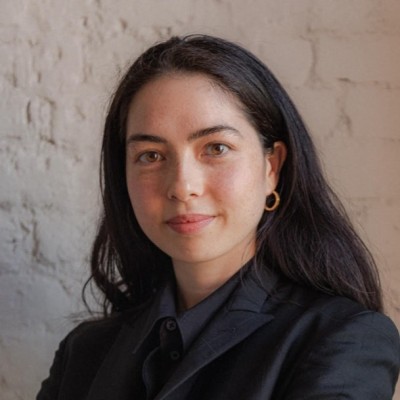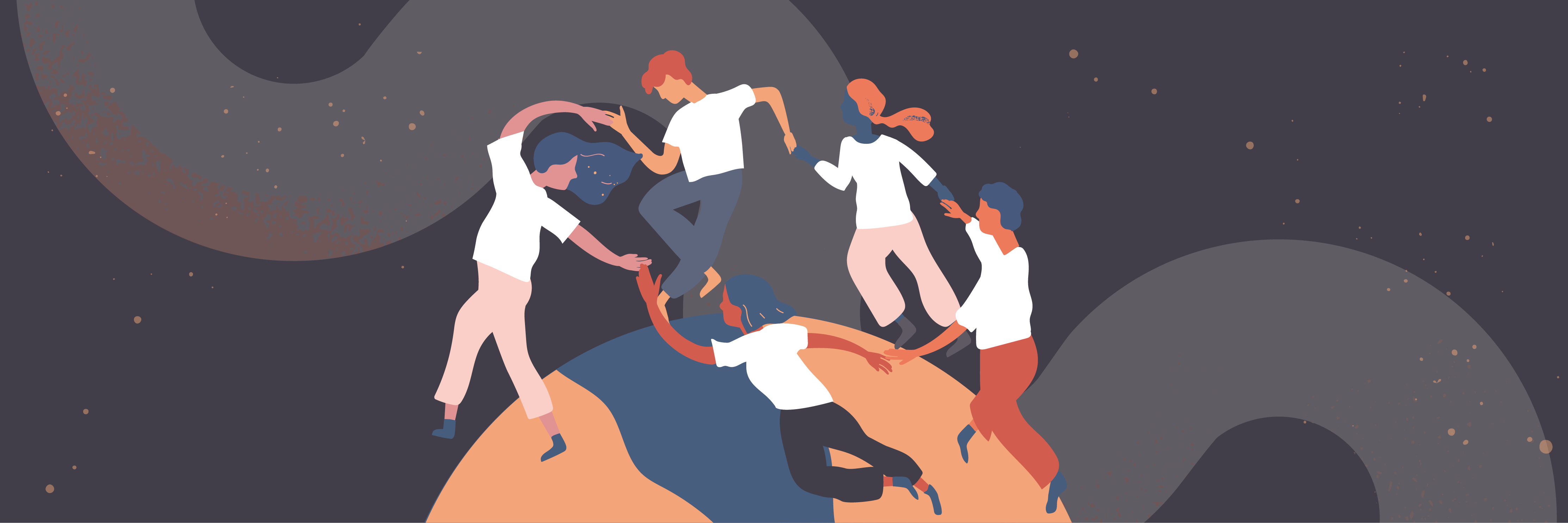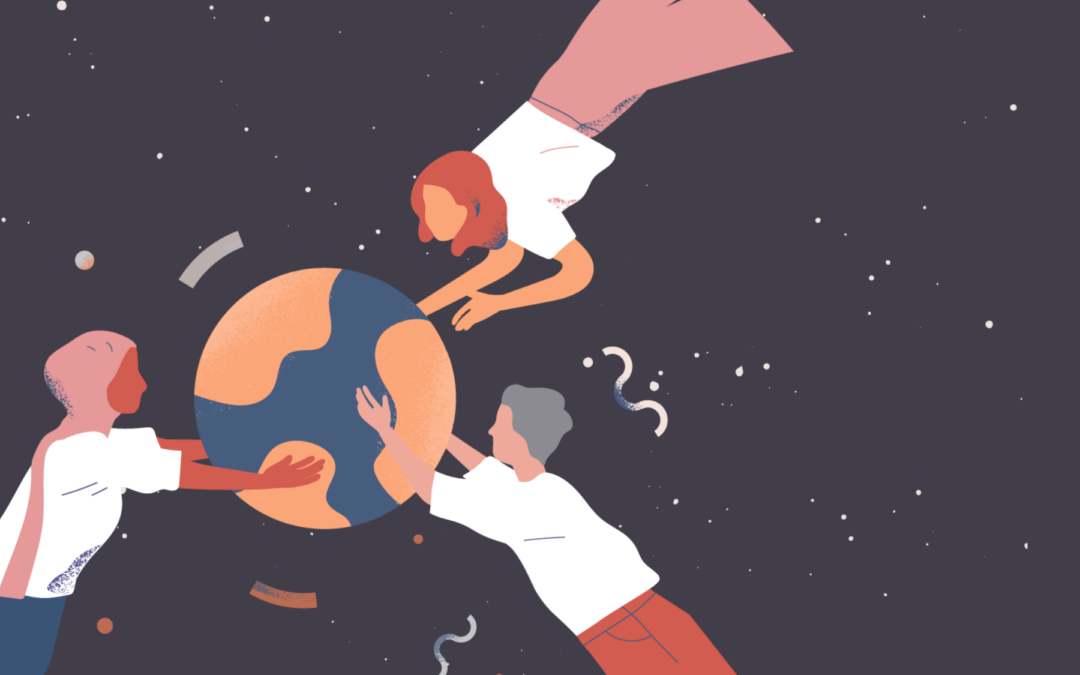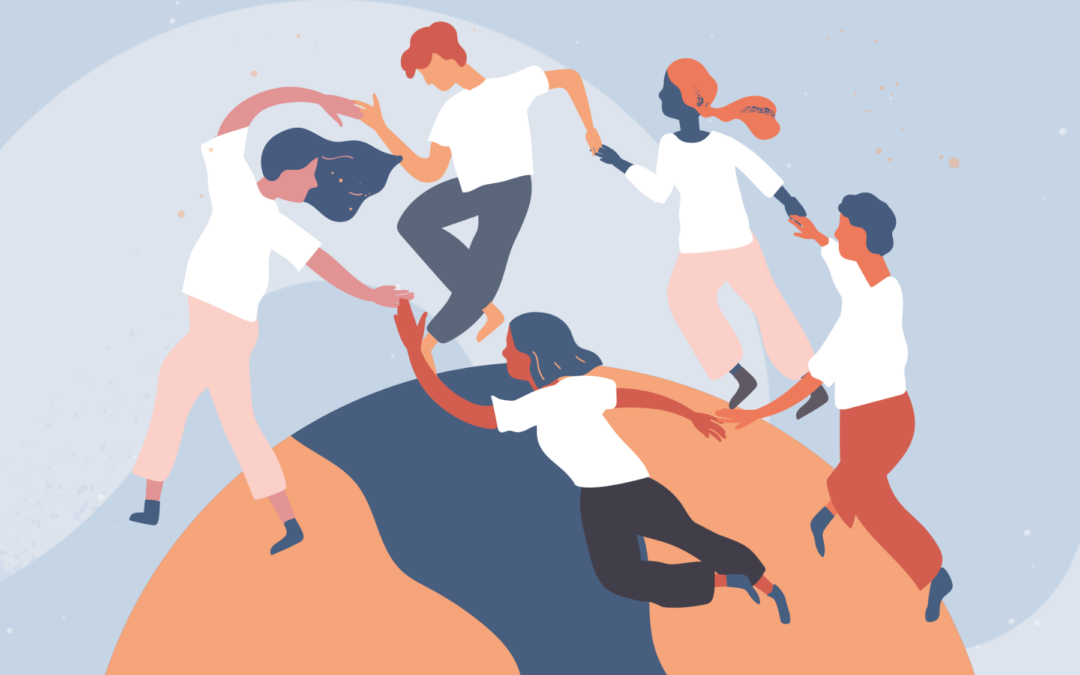
Isabella McDowell
In this blog Isabella McDonnell shares her thoughts on how deepening our understanding of home, identity and belonging can help our relationships to flourish.
Isabella is a dispute resolution paralegal and future polyglot, exploring the intersection of psychology, law and ethics, in order to foster a more open-minded, empathetic society. As a strong advocate for mental health, she volunteers at suicide-prevention charity The Listening Place.

My journey through the pandemic began with a personal question: “How can I catalyse connection to tackle our cultural isolation?”
We have all experienced varying degrees of trauma and isolation throughout the pandemic, and continue to do so as we feel its persistent effects.
And in our relationships, we have suffered small heartbreaks – the fumbling way in which we ask for help from a colleague, the leap of faith we take by going for coffee with a new connection, waiting for a reply to that last text now gathering dust, negotiating (unsuccessfully) with our partners over household chores, and helping our children and elderly parents through sickness and recovery.
Each of these little heartbreaks over the last few years created cracks through which a light has been shone; illuminating just how fragile we are as humans and how much we really need each other.
It was in this space between light and dark that I was inspired and compelled to create my podcast, Xeno, all about home, identity and the search for belonging. These conversations, filled with honesty and wisdom, highlight our shared humanity and our deeply rooted need for belonging.
Each month, I hold space for those who have struggled to answer the question “Where are you from?” or who have grappled with the vacillating feelings of belonging and un-belonging.
My own story of home, identity and belonging spans five countries and six languages; and through my experiences I have learned to code-switch and communicate in different ways in order to be both understood by others and to assert my belonging in diverse spaces.
If there is one thing that the past few years have taught us, it is this: it is imperative to our survival that we learn how to build better relationships with each other. The connections we build and nurture on a micro level have a knock-on effect to the damage we see being carried out at a supranational level. How we connect and care for each other today is what we teach to our children tomorrow.
From survival to flourishing
We are built to belong to each other and be in relationship. High-quality relationships not only help us to feel more connected and give us a greater sense of purpose, but they also allow us to live more deeply and lead more psychologically rich lives.
I believe that the agent which turns a diminishing relationship into a deep connection is the magical space between being heard and being understood. It is in learning the art of deep listening.
The late Thich Nhat Hahn describes deep listening as, “the kind of listening that can help relieve the suffering of another person…You listen with only one purpose: to help him to empty is heart…One hour like that can bring transformation and healing.
What we are seeing in the media and in politics reflect how too often we are quick to misinterpret, mislead and assume. As outlined in Nancy Kline’s book Time to Think, deep listening is transformative in allowing us to build empathy for each other despite our differences; as we are able to see beyond the superficial and explore, with wonder, our shared human needs and desires.
The importance of listening in order to understand each other, and thereby empower ourselves, is highlighted by Viktor E. Frankl in his magnum opus Man’s Search for Meaning:
Between stimulus and response there is a space. In that space is our power to choose our response. In our response lies our growth and our freedom.
Despite the fast pace of our times, we can give others the confidence to listen more deeply when we are more grounded in who we are. Even though the world may be at times hostile to those who are perceived to be “different”, we need to revel in and relish our differences – when we wholeheartedly accept what makes us unique, others can too.
Relish the feeling of being viewed as weird or inappropriate or confusing to people, and society becomes your playground and blank canvas, not something to grovel before and hope for acceptance from.”
I’ve learned that, to find belonging in oneself, you first need to surround yourself with people who see your power, potential and value. This is the first, necessary step to build the needed confidence in order to face our world and assert your belonging to others who might question it and how you self-identify.
Our shared belonging
I am grateful for the opportunity I have had to explore these ideas of home and belonging in relationship with others on similar journeys to me, thanks to the Enrol Yourself community and Jahnvi Singh, the host for our learning marathon Our Shared Belonging which we carried out, fully remote, during the pandemic.
I believe that building resilient and liberating relationships begins with self-knowledge. It is only when we feel truly at home with ourselves and when we are able to assert our sense of belonging that we can connect with others without fear and with an open heart.
With Xeno, I am truly grateful for these conversations I have the privilege of having, as each person I speak with holds a special place in my heart and each has offered me a profound sense of hope for the future. I am reminded of a quote by psychiatrist Elisabeth Kubler Ross on how beautiful people are made:
The most beautiful people we have known are those who have known defeat, known suffering, known struggle, known loss, and have found their way out of the depths. These persons have an appreciation, a sensitivity, and an understanding of life that fills them with compassion, gentleness and a deep loving concern. Beautiful people do not just happen.
I hope that you will take solace and comfort form this source of collective wisdom, solidarity and community I share and find some practical insights for how you might assert your own belonging wherever you may find yourself in life.
The Xeno podcast has now launched today. Head to xenocast.org to sign up to our newsletter for updates on new episodes – and you can listen to the podcast on Apple Podcasts and Spotify.
Read more

Our plans for a Relational Practice Academy: Where we’ve got to
In David Robsinon’s LSE lecture in 2023, he talked about the idea of responding to the increasing demand for knowledge about relationship-centred practice by developing a new training institution. We published a blog last autumn setting out more detail and invited...

The Relational Neighbourhood
In brief Nick Sinclair and David Robinson have been mulling over a new blog for a while. It has been almost five years since their pandemic reflection on “the art of the covenant” (2020). A lot has changed since then but the underpinning principles of their thinking...
